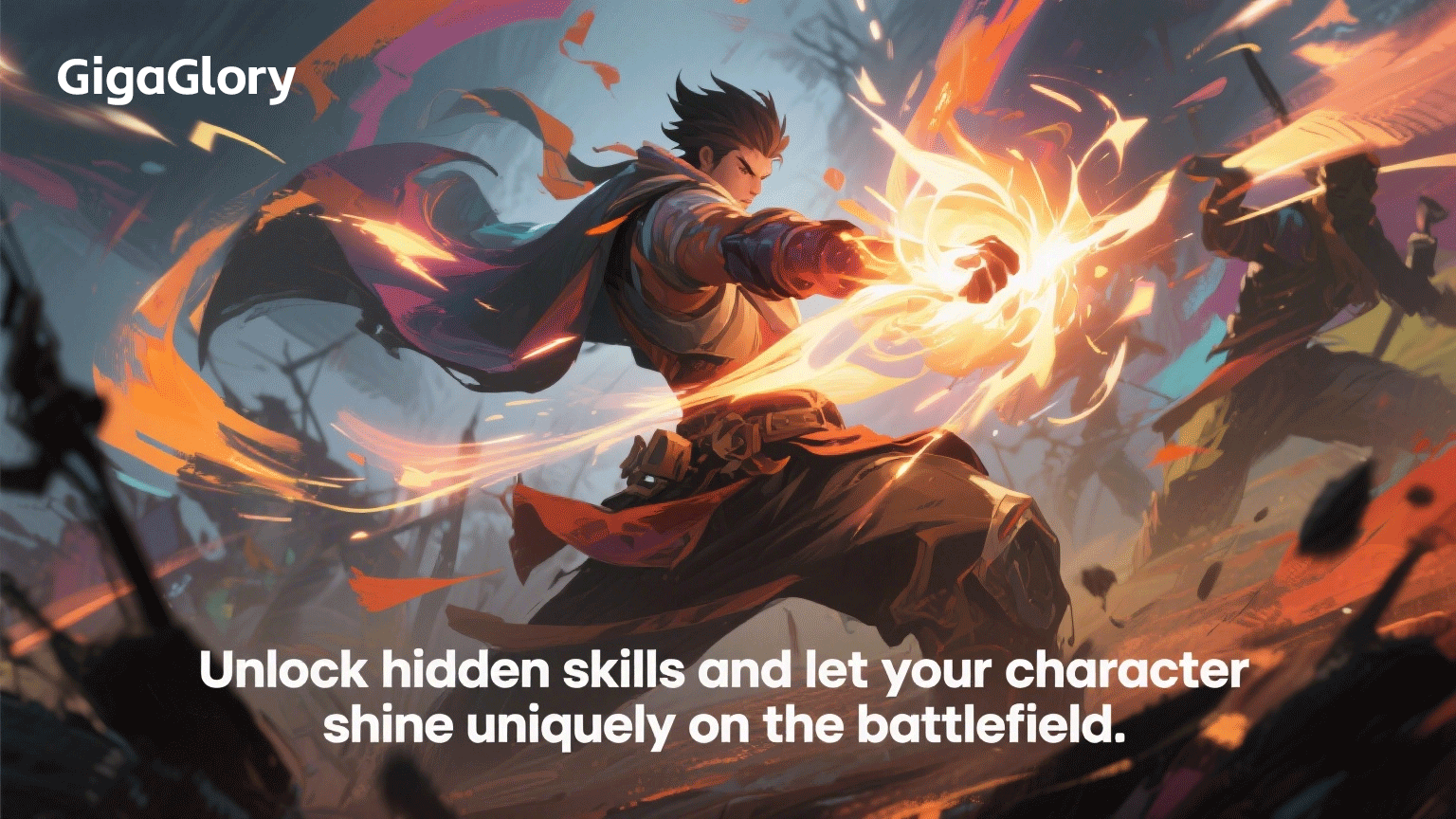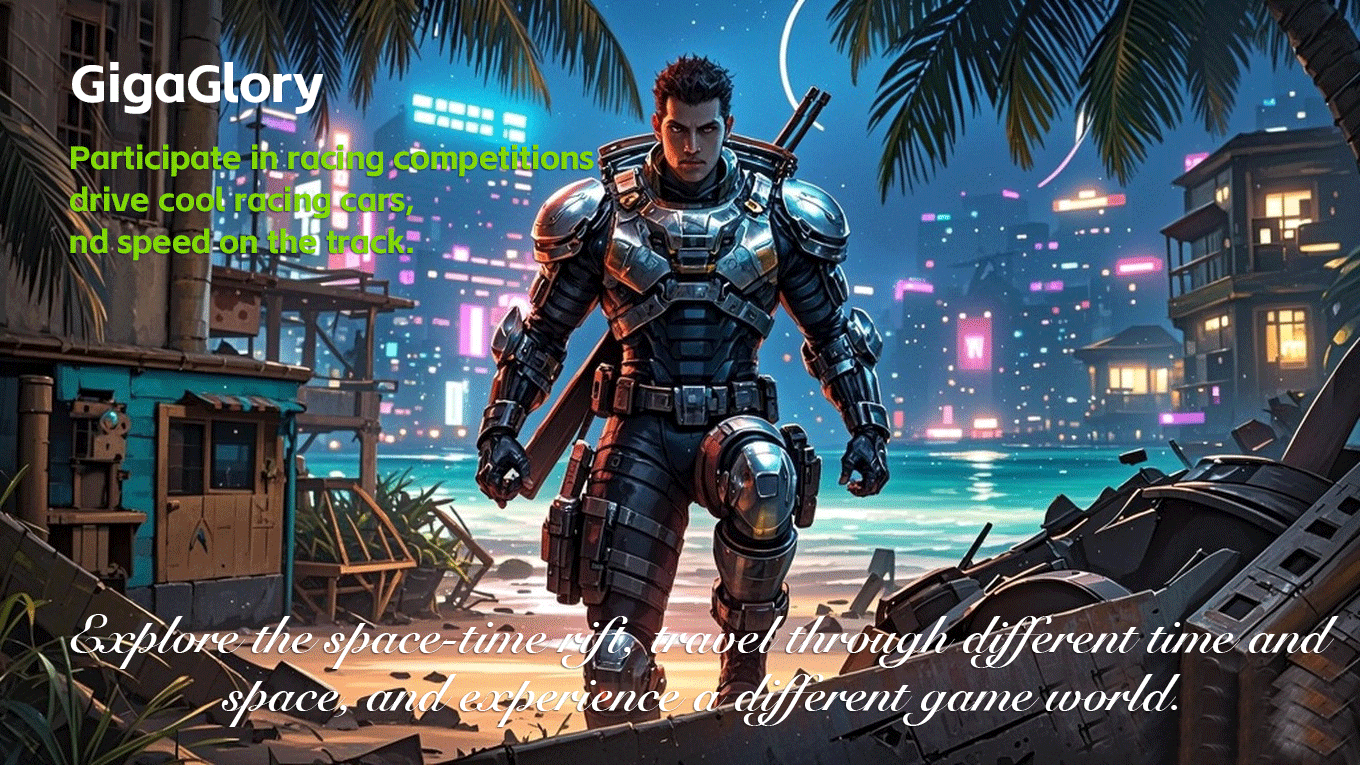Unlocking Freedom: Why Open World Games are Redefining Player Experience
In the vast, immersive environments of open world games, gaming transcends mere entertainment to become a multi-faceted journey of self-expression, adventure, and exploration. These digital terrains are not just places to play; they are worlds waiting to be experienced. In this article, we will delve into the reasons why open world games are revolutionizing player experiences, especially for audiences like those in Uzbekistan.
Understanding Open World Games
Open world games, characterized by their non-linear gameplay and expansive environments, allow players to roam freely. Unlike traditional games that restrict players to linear paths and objectives, these virtual landscapes encourage exploration and creative problem-solving. Examples include iconic titles like The Legend of Zelda: Breath of the Wild and Grand Theft Auto V, where players shape their narratives.
The Appeal of Freedom in Gameplay
Freedom is at the core of the open world experience. Players can choose how they interact with the world, whether it’s through combat, quests, or simply wandering. This level of autonomy resonates deeply with players, offering a stark contrast to more restricted gaming models.
- Choose your path: Players engage with quests or ignore them.
- Explore at your own pace: No time limits or forced progress.
- Personalize your experience: Customize characters and aesthetic choices.
Exploration: A Journey of Discovery
The excitement of exploring beautifully designed landscapes is one of the most compelling aspects of open world games. They often feature a variety of ecosystems, from lush forests to arid deserts, presenting players with breathtaking visuals and hidden surprises. This aspect of discovery appeals to our innate curiosity.
The Role of Community and Interaction
Open world games often incorporate online multiplayer elements, fostering communities where players can collaborate, compete, and share their experiences. Games like Genshin Impact and Fall Guys create a social aspect that enhances the overall experience.
| Game Title | Community Features |
|---|---|
| The Elder Scrolls Online | Cooperative raids, guilds, and player-driven economies |
| ARK: Survival Evolved | Taming dinosaurs, building alliances, and PVP interactions |
RPG Elements and Player Agency
Many open world games incorporate role-playing game (RPG) elements, allowing players to immerse themselves deeper into their characters and stories. Games like Skyrim and The Witcher 3 invite players to make choices that affect outcomes, reinforcing the sense of agency. This layer of storytelling drives players to care about the worlds they inhabit.
Creating Unique Player Experiences
Every player's journey is unique in an open world game. Because decisions made throughout the gameplay can lead to vastly different outcomes, it keeps players coming back for more. Gamers are driven by the desire to see how their choices alter the world around them. It’s a deeply personal experience.
The Infusion of Realism and Immersion
Many modern open world games strive for realism, bringing players into a lifelike environment filled with dynamic weather, day-night cycles, and intricate AI systems. This level of detail amplifies immersion, making the virtual world feel almost tangible.
The Impact of Technology on Open World Games
As technology advances, so does the capability for developers to create more intricate and expansive worlds. Enhanced graphics, powerful processors, and sophisticated game engines contribute to richer player experiences. The evolution of gaming hardware is crucial for delivering these captivating environments.
Challenges in Open World Game Design
While the potential for creativity is vast, challenges persist in open world game design, including:
- Bugs and glitches can disrupt immersion.
- Content might become repetitive over time.
- Balancing player freedom with game narrative is tricky.
Future Trends in Open World Gaming
As the gaming landscape continues to evolve, we can anticipate several trends:
- Increased use of augmented reality (AR) and virtual reality (VR).
- Greater emphasis on player-generated content.
- Story-driven games with rich narratives and moral dilemmas.
Open World Games and Cultural Influence
In regions like Uzbekistan, open world games can serve as a bridge to cultural exchange. Players can engage with elements that resonate with their heritage while exploring fantastical landscapes and stories. This cultural connection enhances the overall gaming enjoyment.
Conclusion
In summary, open world games are more than just a new genre; they’re a paradigm shift in the way players interact with digital worlds. They offer unparalleled freedom, immersive exploration, and rich narratives that keep players engaged and invested. For gamers in Uzbekistan and around the globe, the allure of open world adventures is just beginning to unfold. As development continues to push the boundaries of technology and creativity, players are in for an exciting ride in the realm of open world gaming.



